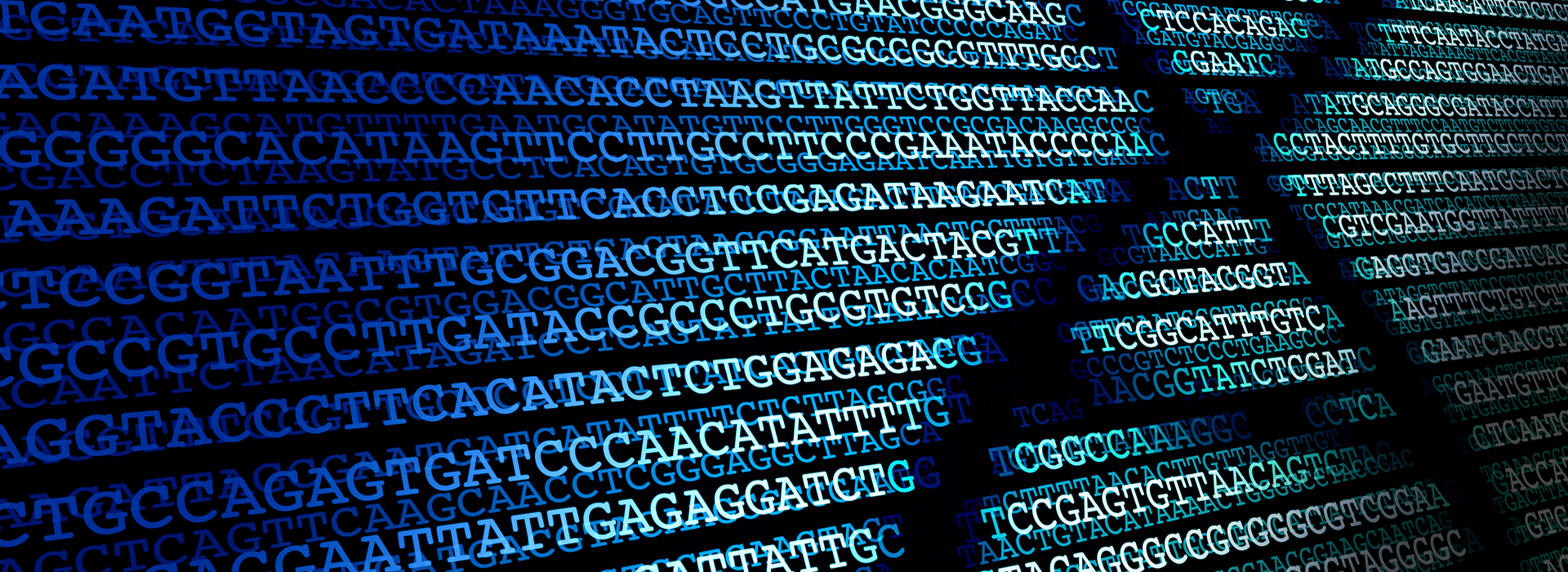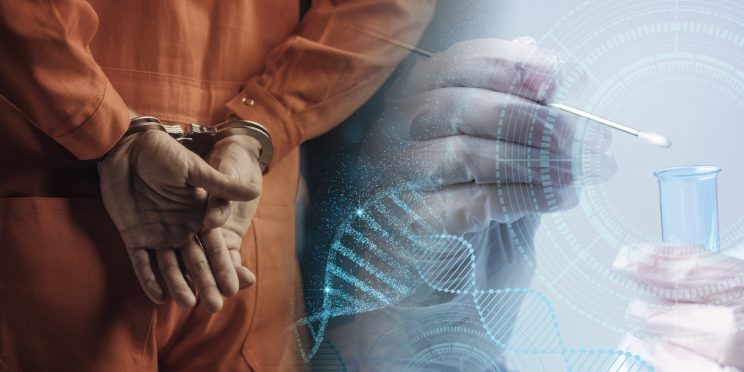This webinar originally occurred on June 22, 2021
Duration: 1 hour
Overview
In this presentation, the subject matter expert discussed the current status of the research conducted in the GW-FMB lab on a new multi-function DNA marker and its potential impact to the field of forensic genetics.
Microhaplotypes (microhaps) are biomarkers less than 300 nucleotides long that display multiple allelic combinations. The main advantages of microhaps over conventional short tandem repeats (STRs) include the 1) absence of stutter, 2) same-size alleles within each locus, 3) lower mutation rate, and 4) ancestry informative alleles. These forensically relevant loci can yield a power of discrimination similar to STRs while enhancing human identification (HID), mixture deconvolution, and biogeographic ancestry prediction.
Sanger sequencing does not allow determining the cis/trans relationship among closely related SNPs, however massively parallel sequencing (MPS) allows determining the parental haplotypes at each locus by clonally sequencing of each DNA molecule if they are included in the same amplicon. Currently, STR panels are used for mixture deconvolution and SNP assays are used for ancestry inference. Microhaplotypes can be used for both functions allowing, for example, to infer the ancestry of a minor contributor to a mixture (DNA intelligence).
Detailed Learning Objectives
- Attendees will learn about microhaplotypes (MHs) as an emerging forensic marker.
- Attendees will learn about massively parallel sequencing (MPS) methods applied to forensic DNA analysis.
- Attendees will learn about adapting probabilistic genotyping to data from MPS of MHs.
Presenters
- Daniele Podini | Professor in the Department of Forensic Sciences at George Washington University
Funding for this Forensic Technology Center of Excellence webinar has been provided by the National Institute of Justice, Office of Justice Programs, U.S. Department of Justice.
The opinions, findings, and conclusions or recommendations expressed in this webinar are those of the presenter(s) and do not necessarily reflect those of the U.S. Department of Justice.
Contact us at ForensicCOE@rti.org with any questions and subscribe to our newsletter for notifications.




